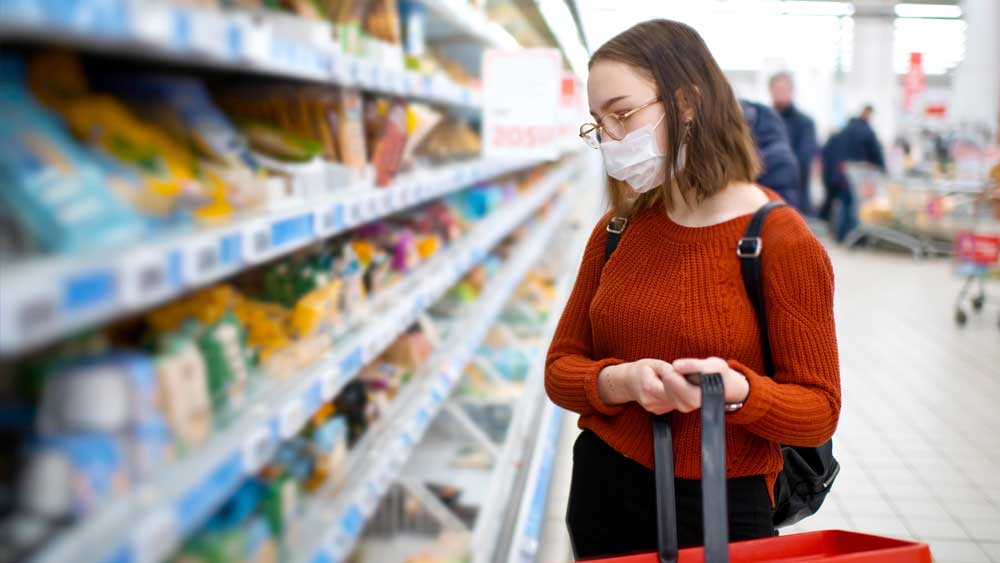Watching COVID-19 news reporting on South Koreans and Americans shows one stark difference: South Koreans are wearing some kind of face mask but Americans are not. Should Americans be wearing a face mask? The CDC is reconsidering the issue, and a report on several studies on this topic was just published today in the British science journal Nature.1 Readers of ICR news should be aware of these, because the studies could influence their decisions if they want to voluntarily wear a mask outside their homes.
The report could not give a definitive answer because it is remarkably hard to gather good quality data. The studies take time to complete, and there are disagreements in the scientific community over critical details. Important questions that need to be answered are: Can the virus be spread through the air? If so, how far can the virus particles travel? How long do virus particles remain infectious after leaving an infected person? How many virus particles must contaminate a non-infected person to be considered a viable infectious dose? The dilemma is that to get a definitive answer will take time—and that time lag could result in additional, possibly preventable, infections.
Much of the discussion to make a public recommendation rests on a key distinction described in the report:
The report mentioned several studies which seemed to show definite evidence that virus particles are aerosolized and could linger in the air. This means that they could infect a person farther away than the six-foot social-distancing guideline. At least one other study in the report had equivocal findings.
Given these realities, should Americans be advised to wear masks? The report notes,
Two other comments in the report are worth taking into consideration as citizens and the CDC evaluate the benefit of wearing a face mask:
And,
South Koreans began wearing face masks immediately upon national exposure to the virus that causes COVID-19. How much of their successful containment efforts can be attributed to that action alone is unknown. Perhaps if the CDC recommended that Americans start wearing masks, then we could collect epidemiological data from large U.S. cities that could be compared to New York City where people were not wearing masks. When people ask me personally if I wear a mask, I’m in the same camp as Lidia Morawska. My answer is “Yes.”
References
1. Lewis, D. 2020. Is the coronavirus airborne? Experts can’t agree. Posted on nature.com April 2, 2020, accessed April 2, 2020. doi: 10.1038/d41586-020-00974-w
*Randy Guliuzza is ICR’s National Representative. He earned his Doctor of Medicine from the University of Minnesota, his Master of Public Health from Harvard University, and served in the U.S. Air Force as 28th Bomb Wing Flight Surgeon and Chief of Aerospace Medicine. Dr. Guliuzza is also a registered Professional Engineer.









